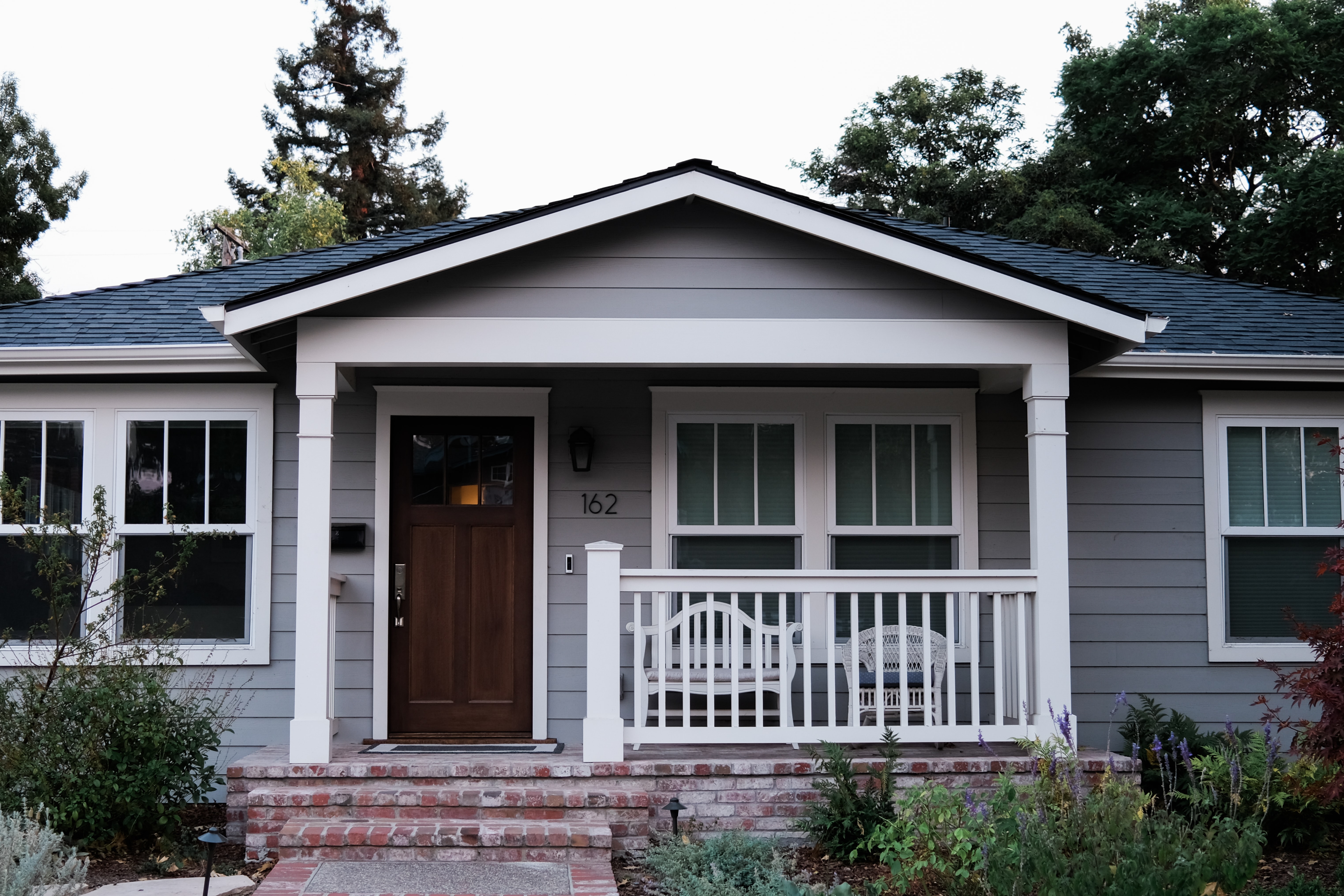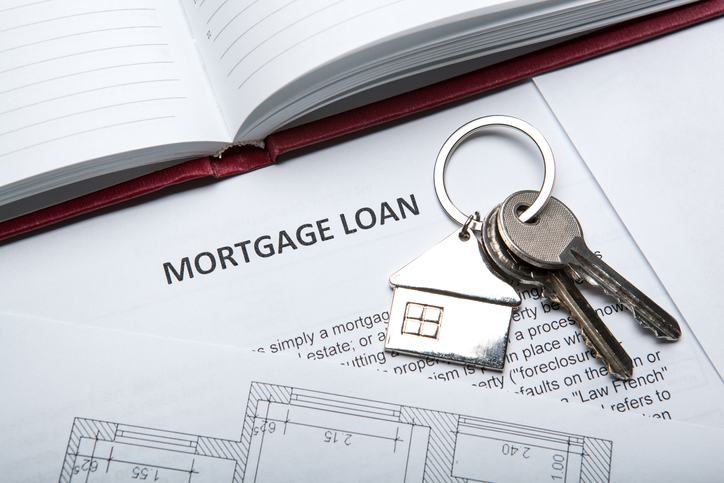Unique Considerations in Buying Land Lots
- Posted on December 30, 2021
- In Deed, buying land
If you’ve recently decided it’s time to build your own home, then you’ll have quite a few things to consider before buying your own plot of land. Buying a lot of land may seem simpler than purchasing a move-in-ready house, however that is realistically not the case. From location to zoning and boundary restrictions, land accessibility and more, you won’t want to tackle all the heavy lifting by yourself.
With the right help from a quality real estate agent and attorney, you can make your way through the process of purchasing land much more efficiently and quickly. Avoid hefty delays that come with the closing process, along with ensuring that you find the best piece of land for your property needs. To learn more about what you should consider before buying land, read on.
Here are some things you should keep in mind before purchasing a land lot:
- Land Lot Location
- Zoning & Boundaries
- HOAs & Deed Restrictions
- Land Accessibility
Land Lot Location
Those who are looking for lots of land where they currently live will likely already have an idea of where they want to build their new home. Whether it's an area surrounded by beautiful nature or a new neighborhood that is poised for growth, purchasing an undeveloped plot of land can be a great investment. Nevertheless, even if you already know where you'd like to live, it's a good idea to see which areas are scheduled for growth in your city's zoning plans.
With this in mind, different lots will require different levels of preparation for construction. Lots can be classified in three ways:
- Build-ready
- Unimproved
- Raw
Raw lots are speculative investments that won't be ready for construction anytime soon. In the same vein, unimproved lots do not yet contain basic utilities or services, which means there might be unforeseen costs and problems. Because an unimproved lot requires additional improvements to be ready for construction, the timeline for building will be longer, and you may have trouble getting a bank loan as well.
Keeping all of this in mind, you’ll also want to consider avoiding lots ready to build in a floodplain. These areas can be much more difficult to sell later on, and you run the risk of spending hundreds to thousands of dollars per year protecting or repairing your home from damage.
Zoning & Boundaries
If you are planning on purchasing a lot, you should confirm you can build a home there. If you want to quickly research the zoning of the lot, your city or county probably has an online zoning search tool. However, a real estate attorney can better prepare you for such a search, and ensure you are making the right lot choices. Buying a non-residential lot happens more often than you'd think, so this is a simple, but crucial step!
To be fully prepared, you should keep an eye on any city or county long-term plans and road additions affecting the property you are interested in. There are also county and city ordinances that regulate things like animal control, local law enforcement, parks, local roads, and even garbage removal and recycling. Research the ordinances that will apply to your property in advance to avoid any excess fees or issues with zoning and boundaries during your purchase and build process.
Contact Rochford Law & Real Estate Title today!
HOAs & Deed Restrictions
There are other potential limitations to what can be built on a lot besides zoning. An empty lot in a subdivision or in an already developed community is likely to be owned by a homeowners association. Due to the fact that homeowners associations set the rules in an area, they can charge costly membership fees. There may even be rules dictating everything from the color of your front door to what kind of pets you may have.
Deed restrictions may also be part of already established subdivisions. This arrangement occurs between the seller and the purchaser. There are many deed restrictions that might include things like obstructing neighbor's views, parking on a neighbor's property, building fences, removing trees, and much more. While HOA’s and deed restrictions aren’t always a bad thing, be sure to obtain copies of both before purchasing a lot of land.
Land Accessibility
Although it may seem impossible, it is possible to buy land without a legal access road. In cases where a property is not accessible via public roads, it may be necessary to travel on neighboring properties. Country or rural settings are more likely to experience this, and not all neighbors are friendly.
Property that is land-locked and cannot be accessed from public roads will require the creation of an easement. A real estate attorney can help you mitigate risks associated with creating an easement on your own, or if you feel you are not up for handling such a situation, you may feel inclined to back out of the land sale.
Real Estate Law Firm Services in Nashville
With so much to consider in purchasing a lot of land, a real estate attorney can ensure you have everything covered. Rochford Law & Real Estate Title serves residential real estate and commercial real estate clients.
Our Nashville real estate attorneys represent landlords, owners and tenants in various types of real estate disputes. By hiring our Nashville real estate attorneys, you will save money and ensure all aspects of your real estate transactions are handled with due diligence.
We offer comprehensive real estate law services including, but not limited to:
- Real estate closings
- Commercial lease review
- Drafting purchase and sale agreements
- Drafting joint property agreements
- Acquisition of real estate property
- Title examinations and lien searches
- Mortgage and real estate financing
Need real estate assistance in Nashville, TN?
Subscribe for Updates
Latest Posts
- Title Issues in Tennessee: Common Problems and How They’re Cleared
- Common Commercial Lease Red Flags (and How to Negotiate Them)
- Commercial Purchase and Sale Agreements – How a Real Estate Attorney Can Protect Your Transaction
- When Do You Need a Nashville Probate Lawyer? 8 Common Scenarios
- Commercial Leases – Important Considerations




